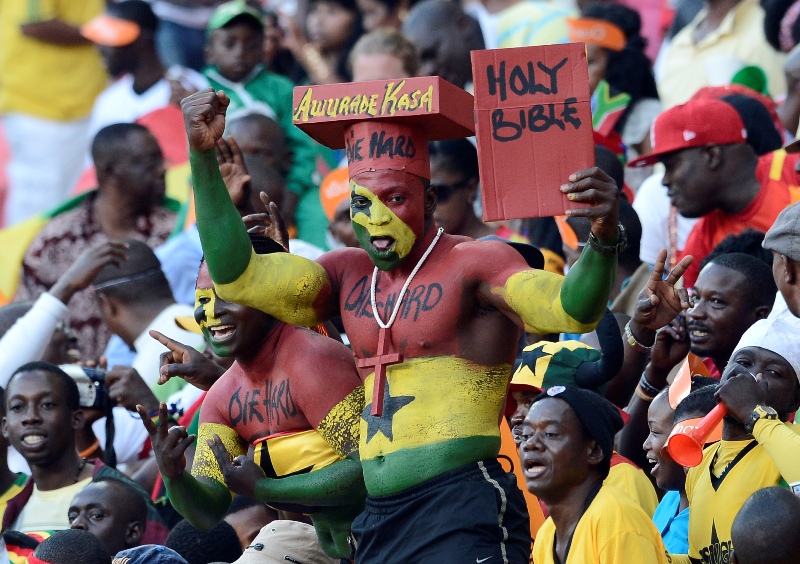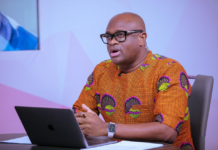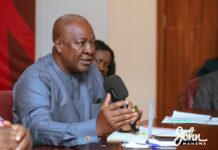
Most Ghanaians endorse the rule of law and the legitimacy of key state enforcement bodies, a recent Afrobarometer survey has revealed, affirming that the rule of law should anchor democratic practices in the country.
That notwithstanding, there is a widespread – and growing – belief that inequities exist in how laws are applied, with unfair advantage given to officials and the wealthy.
These findings were released at a time of high optimism among Ghanaians that the newly appointed Special Prosecutor will ensure that officials who commit crimes are brought to book without fear or favour.
Ghanaians believe in rule of law
In general, Ghanaians believe that the rule of law should anchor democratic practices (and in fact does so in their country. Three-fourths (75%) of citizens “agree” or “agree very strongly” that Parliament should ensure that the president explains to it on a regular basis how his government spends taxpayers’ money. One-fifth (20%), however, think the president should devote his full attention to developing the country rather than wasting time justifying his actions.
“The same proportion (75%) “agree” or “agree very strongly” that the president must always obey the laws and the courts, even if he thinks they are wrong. About one-fifth (18%) say instead that since the president was elected to lead the country, he should not be bound by laws or court decisions that he thinks are wrong. Nine in 10 Ghanaians (90%) say it is important for citizens to obey the government in power regardless of whom they voted for.
Furthermore, Ghanaians overwhelmingly endorse the legitimacy of key state enforcement agencies. Large majorities “agree” or “strongly agree” that the police always have the right to demand that people obey the law (88%), that tax authorities have the right to make people pay taxes (87%), and that the courts have the right to make decisions that people must always obey (78%).
President’s compliance with the rule of law
In addition to strongly endorsing the rule of law, most Ghanaians say the president in fact adheres to the law in his dealings with Parliament and the judiciary. Three-quarters of Ghanaians say the president “rarely” or “never” ignores the courts and laws of the land (75%) or ignores the Parliament and just does what he wants (76%). Only about one in eight respondents disagree.
Over-time trends in views on the rule of law
The strong support for the rule of law and the belief that the president is law-abiding are consistent with the findings of previous Afrobarometer surveys in Ghana. In each survey round since 2005, substantial majorities have expressed the views that Parliament ought to monitor the president, that the president must obey the laws, that citizens must obey the government, and that the president never or rarely ignores the laws or Parliament.
Perceived inequities in the application of laws
While Ghanaians support the rule of law and say the president respects and obeys the laws and courts, there is a widespread – and growing – belief that laws are not applied in an equitable manner. Two-thirds (67%) of Ghanaians say officials who commit crimes “often” or “always” go unpunished; only about one-quarter (24%) think ordinary people get away with crimes.
Confirming this perception of inequitable application of the law, six in every 10 Ghanaians (62%) say people are “often” or “always” treated unequally under the laws of the land. Only about one-third (35%) think this “rarely” or “never” happens.
Over-time trends show that public perceptions of unequal treatment have been increasing. Between 2008 and 2017, the proportion of respondents who say that officials “often” or “always” escape punishment for crimes rose by 39 percentage points. Similarly, the perception that people are treated unequally under the law grew by 29 percentage points. The proportion of citizens who say that ordinary people often/always go unpunished for crimes has not varied substantially over the past decade.
Moreover, most Ghanaians say a wealthy person can probably pay a bribe or use personal connections to get around legal obligations. Large majorities see it as “somewhat likely” or “very likely” that a rich person could use bribes or personal connections to avoid going to court (83%), avoid paying taxes (84%), or register land that does not belong to them (88%). In contrast, about one-third of respondents say it is likely that an ordinary person could do the same.
Source: Ghana/Starrfmonline.com/103.5FM




